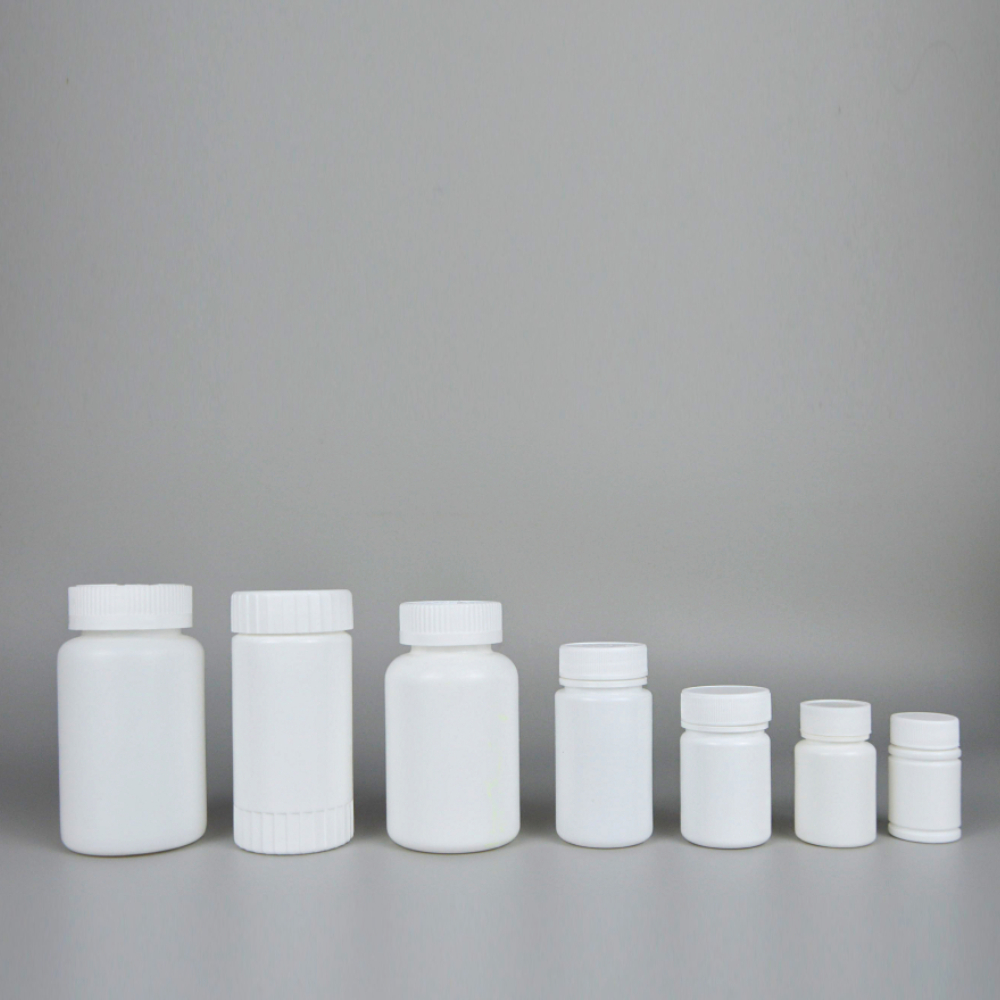
-
 Afrikaans
Afrikaans -
 Albanian
Albanian -
 Amharic
Amharic -
 Arabic
Arabic -
 Armenian
Armenian -
 Azerbaijani
Azerbaijani -
 Basque
Basque -
 Belarusian
Belarusian -
 Bengali
Bengali -
 Bosnian
Bosnian -
 Bulgarian
Bulgarian -
 Catalan
Catalan -
 Cebuano
Cebuano -
 Corsican
Corsican -
 Croatian
Croatian -
 Czech
Czech -
 Danish
Danish -
 Dutch
Dutch -
 English
English -
 Esperanto
Esperanto -
 Estonian
Estonian -
 Finnish
Finnish -
 French
French -
 Frisian
Frisian -
 Galician
Galician -
 Georgian
Georgian -
 German
German -
 Greek
Greek -
 Gujarati
Gujarati -
 Haitian Creole
Haitian Creole -
 hausa
hausa -
 hawaiian
hawaiian -
 Hebrew
Hebrew -
 Hindi
Hindi -
 Miao
Miao -
 Hungarian
Hungarian -
 Icelandic
Icelandic -
 igbo
igbo -
 Indonesian
Indonesian -
 irish
irish -
 Italian
Italian -
 Japanese
Japanese -
 Javanese
Javanese -
 Kannada
Kannada -
 kazakh
kazakh -
 Khmer
Khmer -
 Rwandese
Rwandese -
 Korean
Korean -
 Kurdish
Kurdish -
 Kyrgyz
Kyrgyz -
 Lao
Lao -
 Latin
Latin -
 Latvian
Latvian -
 Lithuanian
Lithuanian -
 Luxembourgish
Luxembourgish -
 Macedonian
Macedonian -
 Malgashi
Malgashi -
 Malay
Malay -
 Malayalam
Malayalam -
 Maltese
Maltese -
 Maori
Maori -
 Marathi
Marathi -
 Mongolian
Mongolian -
 Myanmar
Myanmar -
 Nepali
Nepali -
 Norwegian
Norwegian -
 Norwegian
Norwegian -
 Occitan
Occitan -
 Pashto
Pashto -
 Persian
Persian -
 Polish
Polish -
 Portuguese
Portuguese -
 Punjabi
Punjabi -
 Romanian
Romanian -
 Russian
Russian -
 Samoan
Samoan -
 Scottish Gaelic
Scottish Gaelic -
 Serbian
Serbian -
 Sesotho
Sesotho -
 Shona
Shona -
 Sindhi
Sindhi -
 Sinhala
Sinhala -
 Slovak
Slovak -
 Slovenian
Slovenian -
 Somali
Somali -
 Spanish
Spanish -
 Sundanese
Sundanese -
 Swahili
Swahili -
 Swedish
Swedish -
 Tagalog
Tagalog -
 Tajik
Tajik -
 Tamil
Tamil -
 Tatar
Tatar -
 Telugu
Telugu -
 Thai
Thai -
 Turkish
Turkish -
 Turkmen
Turkmen -
 Ukrainian
Ukrainian -
 Urdu
Urdu -
 Uighur
Uighur -
 Uzbek
Uzbek -
 Vietnamese
Vietnamese -
 Welsh
Welsh -
 Bantu
Bantu -
 Yiddish
Yiddish -
 Yoruba
Yoruba -
 Zulu
Zulu
Examples of Clot Activators and Their Applications in Blood Sample Analysis
Understanding Clot Activators Examples and Applications
Clot activators play a crucial role in the field of medical diagnostics and laboratory testing. These substances are designed to facilitate the coagulation of blood samples, making them essential for various biochemical analyses. This article delves into the concept of clot activators, offering examples and exploring their applications in clinical settings.
What are Clot Activators?
Clot activators are agents that expedite the clotting process in blood samples. They are particularly important in the preparation of serum from whole blood for various laboratory tests. By promoting coagulation, these activators help separate serum from blood cells, making the serum available for analysis. This process is fundamental for tests that require serum, such as hormone levels, electrolytes, and certain enzyme activities.
Examples of Clot Activators
There are several types of clot activators, each with unique properties and applications
1. Glass Particles Glass is a common activator that promotes clotting by providing a surface that initiates coagulation. It is typically used in serum collection tubes and is effective due to its ability to absorb specific proteins from the blood.
clot activator examples

2. Silica Gel This synthetic material is widely used in laboratory settings. Silica acts as a surface for blood clotting, making it an effective activator. It is often found in serum separator tubes (SST) and is favored for its consistent performance across a variety of tests.
3. Calcium Ions Calcium is a vital component in the coagulation cascade. Some blood collection tubes contain calcium ions, which catalyze the clotting process. These tubes are generally used when specific tests require a reliable clot formation.
4. Thrombin Thrombin is a potent clotting agent that can rapidly induce coagulation. It is often used in specialized applications where a quick serum yield is required, such as in emergency medical situations or specific diagnostic tests.
Applications in Clinical Settings
The use of clot activators is widespread in clinical laboratories. Blood samples taken for biochemical testing usually require serum, and without effective clotting, accurate results may not be achievable. Activators enable laboratories to process samples efficiently, enhancing turnaround times for critical diagnostic information.
Moreover, the choice of clot activator can influence the stability of certain analytes in the serum. For instance, specific activators might be preferable for tests evaluating hormone levels or enzymes, ensuring that results are reliable and reproducible.
In summary, clot activators are indispensable in modern laboratory medicine. By expediting the coagulation process, they facilitate efficient blood testing, contributing to timely and accurate diagnostics. Understanding the different types of activators and their specific applications can help healthcare professionals optimize their use in clinical practice.
-
Premium 200ml Medicine Bottles – Leakproof Dropper & Spray Options at Best PriceNewsJul.05,2025
-
PTFE Centrifuge Tubes - Chemical Resistant, Leak-proof, Ideal for Laboratory UseNewsJul.05,2025
-
Premium Metal Dropper Bottle for Precise Dispensing 250ml & 1ml Options AvailableNewsJul.04,2025
-
20 ml Headspace Vials - High Quality Polyethylene & Plastic Vials for Lab UseNewsJul.04,2025
-
Small Bottle with Pipette - Precise Dispensing 100ml Pipette Bottles for Essential Oils & Lab UseNewsJun.24,2025
-
Acetic Anhydride Bottle for Accurate Dropper Measurement in Pharmacy Use High-Quality Dropper BottlesNewsJun.10,2025






















